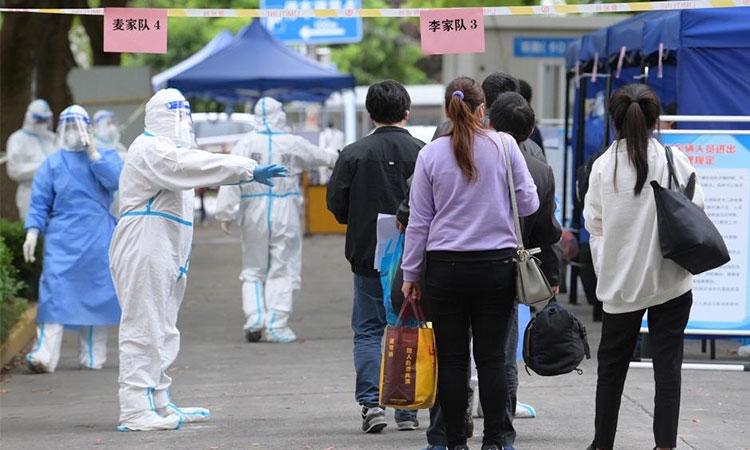In the face of the most widespread national protests since the bloody crackdown on Tiananmen Square demonstrators in 1989, the Chinese government has abruptly abandoned its flagship zero-Covid policy, according to a media report.
In Beijing, people prepared to go into shopping malls or on public transport without a recent negative test, The Guardian reported. Elsewhere, they were allowed to enter parks and supermarkets without checks, or told they could quarantine at home - rather than a government facility - if they had come into contact with a case.
Now Beijing has decided to move on.
Sun Chunlan, vice-premier and Covid chief, announced last week that the country's health system had "withstood the test" of Covid-19 and China was in a "new situation".
Also Read | Fate of eight ex-Indian Navy personnel in Qatar hangs in the balance
After years of telling its citizens that the only way to stay safe from Covid was to avoid it entirely, the policy pivot required a new message. Beijing has opted for presenting the prevailing Omicron variant as a less lethal version of the original disease, The Guardian reported.
The problem, epidemiologists warn, is that Beijing's stance does not reflect studies on the impact of Omicron, and the country is ill-prepared for a wave of deadly Covid infections that it may soon face.
"China has to find a way out of this. So I think it's quite helpful for them to be able to argue that the virus has evolved in some way that makes it easier to open up," said Linda Bauld, professor of public health at Edinburgh University, The Guardian reported.
"With Omicron, certainly from the studies [so far], there may be some small reduction in disease severity but not a huge one."
Omicron has proved less deadly as it spread across countries such as Britain, but by the time it had become dominant, about 95 per cent of the UK population had some form of antibodies from vaccines or previous infections, Bauld said.
Also Read | Trust my friend Narendra Modi to bring us together: French President Macron
China has relatively low vaccination and booster rates, particularly among the vulnerable elderly - only 40 per cent of the over-80 population have had booster shots. Almost no one has natural antibodies from previous infections.
China's healthcare system was weak and patchy even before the pandemic and has been undermined by years of fighting Covid, The Guardian reported.


















